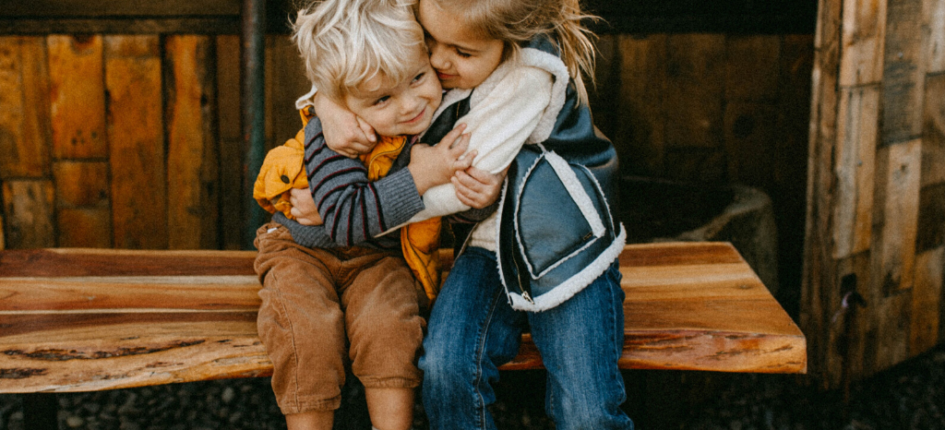- 510.701.0846
- Home
- The Impact of Our Childhood on Our Adult Relationships

The Impact of Our Childhood on Our Adult Relationships
Imago philosophy says it is our earliest interactions with caretakers that informs our handlings of our relationships in adulthood. The image we formed from our experience with our parents and/or other caretakers is called the Imago.
This concept says those interactions are etched into memory, forming a template that guides the selection of our intimate partner as adults. Our chosen partner most often possesses traits most similar to the combined traits — both positive and negative — of our parents.
Moreover, we naturally tend to gravitate toward someone with defense mechanisms exactly opposite to our own. What does that mean? According to Imago concepts, we prefer partners who at least seem to be incompatible with us. This is what is meant when people say “opposites attract.”
So how did we get here anyway? It starts with our original connection.
Our Childhood Experiences: Joyful Connection vs. Angst
Our connection to one another is considered the “true nature” of our being. Our species survives — and thrives — on human connection. Additionally, joy is our primary emotion.
Most of us, however, struggle to make connections and feel real joy. Why?
Imago philosophy says that — even including those with the best intentions — we did not have parents who were attuned (for whatever reason) to our needs for connection and joy. Instead, they were intrusive on one end of the spectrum and neglectful on the other.
These negative variances invariably ruptured our original sense of joyful connection. All of our individual experiences have culminated over the years to leave us with a diminished sense of connectivity and of being “alive.”
Connecting to one another is a survival mechanism. Not having the needed connection triggers anxiety. Which results in self-regulation.
Our Adult Lives: We Use Previously-Developed Coping Mechanisms
During those moments of anxiety in the face of that missed connection, we began turning inward. With each passing experience of what amounted to rejection, we became absorbed (some may say obsessed) with signaling to our caretakers that we weren’t getting what we need.
We do that in one of two ways: escalating our energy or constricting it. Over and over, whichever provides each of us with the most (temporary) relief, we send repeated distress signals until it becomes a truly embedded part of our character.
So, if you had to, which would you say you do?
Do you escalate situations? They do say the squeaky wheel gets the oil, right? Or do you withdraw inward? What about your partner? What do they do?
Those who reach out likely had neglectful caretakers. It’s their way of seeking comfort when they feel unsafe. Those who withdraw probably had parents who were overbearing or intrusive. They don’t want to be noticed — even if they have a problem — because they have been conditioned to believe it brings angst, anxiety, and pain.
Eventually, we become so absorbed in our own struggles that we lose the ability to feel empathy. We just don’t realize it. Those around us become objects with a singular role: to satisfy our unmet needs.
Symbiotic Consciousness: Oakland Relationship Therapist Says Our Coping Mechanisms Are an Illusion
The cycle we’ve enslaved ourselves to individually leaves no room for us to consider anyone else’s perspective. We simply assume the people we choose to have in our lives see the world exactly as we do.
This is an illusion. It’s called symbiotic consciousness.
When the illusion is broken and our partner doesn’t play the role we’ve assigned them, we punish them, which creates a new cycle of negativity.
Yet we tell ourselves it’s okay because even when the interactions don’t feel joyful or life-giving, they do provide some level of connection. This is especially true when they feel familiar to those experiences we had in our formative years. Though they are the opposite of what we truly hope for, we at the very least still feel connected — not alone.
Accepting this pattern is a mistake that far too many of us make, and the result is broken relationships and unhappiness.
Starting to feel depressed? Don’t worry, there’s hope.
Recognizing the true and often tangible impact of our childhood on our adult relationships today is the first step in understanding how to remain committed and to move into a more conscious and healthy phase of a long-term relationship.
One way to navigate this new recognition a little more easily is by working through it with a neutral third party. Oakland relationship therapist Dana Cole can help — all you have to do is get in touch. (Ask about our teletherapy services!)